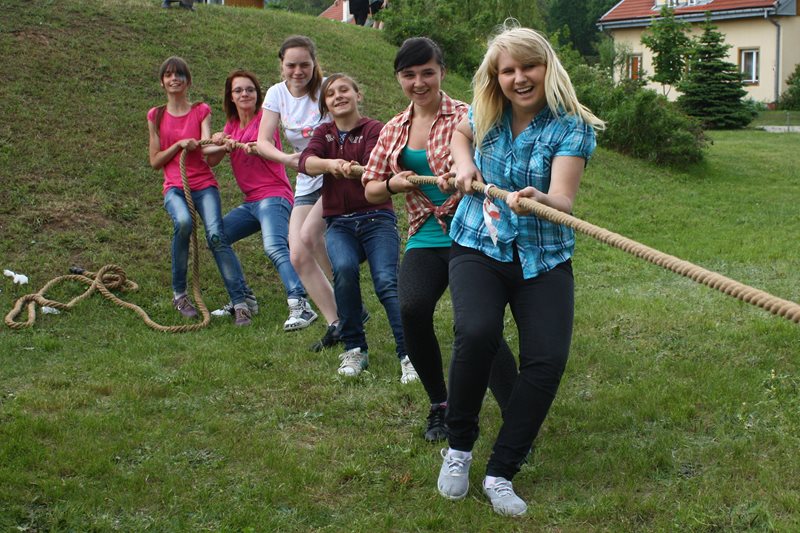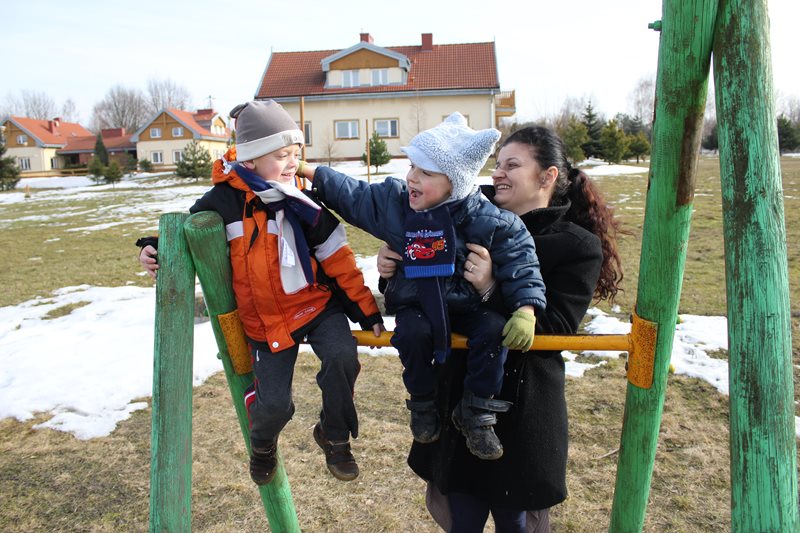An increase in social inequality
The town of Siedlce is situated in the east of Poland near the Belarusian border and about 90 kilometres from Warsaw, the country's capital. It is home to over 77,000 people. The town's industries provide specialised building materials and machinery, and the cultural activities organized by the town attract many visitors.
The region around Warsaw has benefited from the capital city's economic growth; it officially has one of the lowest rates of poverty in the country. However, economic and social conditions vary across the region, and social inequality is rising.
Many children in the region continue to live in poverty. They often find it difficult, especially in more rural areas, to access education and adequate health care. Many lose parental care due to a complex set of circumstances which often include unemployment, addiction and a lack of social welfare support. Young people embarking on adult life often find it hard to find their first jobs in the ever-changing social and economic environment.
The region around Warsaw has benefited from the capital city's economic growth; it officially has one of the lowest rates of poverty in the country. However, economic and social conditions vary across the region, and social inequality is rising.
Many children in the region continue to live in poverty. They often find it difficult, especially in more rural areas, to access education and adequate health care. Many lose parental care due to a complex set of circumstances which often include unemployment, addiction and a lack of social welfare support. Young people embarking on adult life often find it hard to find their first jobs in the ever-changing social and economic environment.
The need to support families so that they can stay together
The Polish government's official policy is that vulnerable families should be supported so that children can continue to live with their families. However, there is still a shortage of social welfare services which can provide such families with the help they need. In light of these circumstances the work of SOS Children's Villages continues to play a crucial role in protecting the rights of children.
What we do in Siedlce

Girls from the SOS Children’s Village and the family strengthening programme at a picnic (photo: J. Barbasiewicz).
If children can no longer live with their parents, they can find a loving home in one of the twelve SOS families, which provide a stable and loving home for children who have lost the care of their parents. The children are fully integrated into the surrounding community especially as they attend the local schools, alongside children from the area. The children in our care are offered special support according to their needs, be it with their school work or with therapy. Many after-school activities take place in the neighbourhood, and many activities that we organise in the village are well attended by local children.
Young people who are ready to leave their SOS families can move into shared accommodation while attending further education or training. With the support of qualified co-workers, they learn to shoulder responsibilities and make their own decisions.
